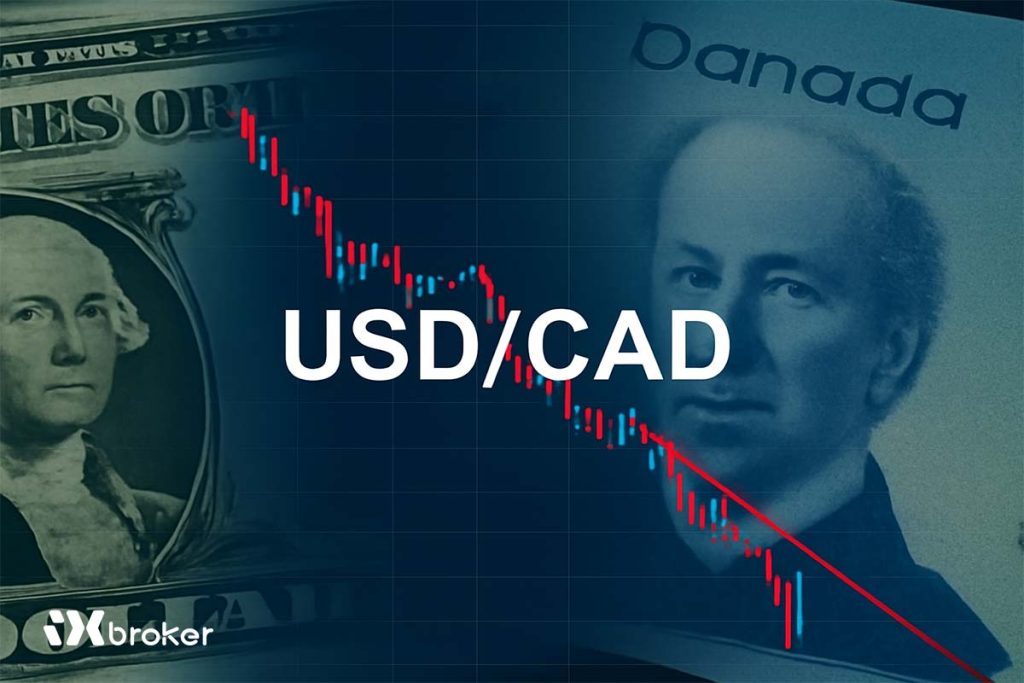The race to dominate artificial intelligence has sparked an unprecedented bidding war for talent, with tech giants dangling multi-million-dollar offers to secure a limited pool of specialists. Companies including Meta, Google, Microsoft, and OpenAI are fiercely competing to build cutting-edge AI models, driving salaries for top engineers and researchers to levels the industry has never seen before.
AI salaries soar alongside billion-dollar model costs
Meta CEO Mark Zuckerberg has reportedly offered packages worth hundreds of millions to lure AI talent, including Scale AI’s Alexander Wang and young researchers such as Matt Deitke. OpenAI chief Sam Altman claims Meta has approached his staff with $100 million signing bonuses.
The high compensation comes against the backdrop of soaring model training costs. According to Stanford’s AI Index, OpenAI’s GPT-4 cost $79 million to train, Google’s Gemini 1.0 Ultra $192 million, and Meta’s Llama 3.1 $170 million. Anthropic projects frontier model costs could top $1 billion annually.
“If I’m going to spend a billion dollars to build a model, $10 million for an engineer is a relatively low investment,” said Alexandru Voica, head of corporate affairs at Synthesia.
A slim talent pool fuels wage inflation
The demand for AI talent far outstrips supply. Machine learning engineers in the US earn an average of $175,000, but packages for senior roles now reach $300,000 or more, according to Indeed. In London, compensation ranges from £140,000 to £300,000.
Recruiters highlight that companies are targeting PhD-level researchers from top universities as well as experienced engineers who have worked with large language models. This narrow pool has triggered “wage inflation” as Big Tech competes to outbid rivals.
Startups and traditional industries squeezed
The surge in AI pay packages risks sidelining startups and traditional industries. Smaller firms often cannot compete on salary, limiting their ability to attract critical talent for innovation in fields like healthcare, logistics, and insurance.
“Entire industries can’t compete on salary. They need innovation but can’t access the talent,” said Mark Miller, CEO of Insurevision.ai. “The current situation is absolutely unsustainable.”
While Big Tech offers prestige and deep resources, startups still attract some professionals by offering more ownership, agility, and impact in their roles.
outlook: salaries unlikely to cool soon
Until training costs decline, industry experts say high salaries are here to stay. “As long as companies have to spend billions to build models, they will spend tens or hundreds of millions to hire engineers,” Voica said. “If the cost of building models drops, salaries will follow.”



